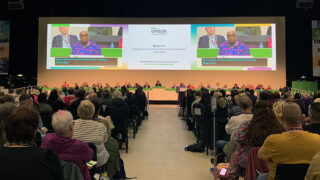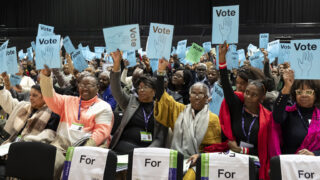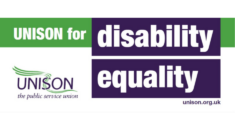All Black workers face racial oppression. Whilst each Black worker may experience racism, discrimination, and oppression differently, unity within and between Black workers creates greater power to confront the ills of racism. To achieve this, we must reconceptualise power and unity and broaden our reach in the context of our search for fair and equal working rights and pay. This article proposes that we put down the notion of power as something that exists in a mental sphere or a weapon available only for the few. We must see unity as much more than a buzz word but rather as our greatest tool. To do so, this article presents five types of power innate to the Black worker and demonstrates how unity at various levels can realise the goals and objectives of Black workers.
Worker Power
Research has shown that the Black worker is more likely to be underpaid, work longer hours, be more qualified than their white counterparts and occupy lower ranks in the work place. However, it is the very nature of this structural positioning that brings a high degree of power. It is at these, often taken for granted levels within the economic system that the Black worker can disrupt the flow of global commerce. However, we know all too well that the potential of this strategic positioning is inhibited by the government of the day, who implement laws that repress the activities of trade unions.
Spiritual Power
For many Black people, spiritual power, through our various faiths or religious or spiritual beliefs provides us with confidence, will, and steadfastness. Our spirituality is crucial for building a strong community capable of responding to challenges. As such, our “spirit of resistance” can be thought of as our spiritual power.
Social Power
Across and within Black communities, our social values and strong sense of community, allow us to generate collective deployment of action. Therefore, it can be said that social power is an asset to the autonomy of the Black community.
Political Power
For the Black Worker, reconceptualising their spiritual power and social power, facilitates the growth of political power. The generational yearnings for change begun with internal hopes for change and continues with political and social organising that seek to dismantle oppressive forces and structures.
Associational Power
This often underestimated form of power requires the Black worker to not only step out of their comfort zones but more so to build relationships and trust with other Black workers and non-Black workers outside their sector and community. It is the ability of union leaders, shop stewards, activists or rank-and-file union members to compel the other members of their organisation to do something they otherwise would not do in order to facilitate collective action.
Unity
In October 2019, one of the most important social revolts took place in Chile. This was only possible as a result of a successful series of national mobilisations carried out by the trade union during 2012 -2014. The Chilean dockworker case demonstrates the hidden power for bringing about change when workers take on an altruistic approach and recognise and support each other’s’ struggles through the building of sustained alliances across and within organisations and sectors. It further evidences the powerful change that can happen when worker power is combined with social power and underpinned by spiritual power. ‘An injustice to one is and injustice to All’’.
Local Unity
This is vital in your own workplaces, and branches. Black workers can build a collective movement by knowing where their allies are located. Local unity is based on collaboration, not competition.
Regional Unity
This is a necessary strategy that allows Black workers within a specific region to access or provide support and advice to other Black workers and non-Black allies and take collective action to achieve further reach and broader change.
National Unity
Whilst local and regional unity support change at these specific levels, unity across borders, within and across branches, sectors, and regions, provide a stronger, more powerful influence on the policy changes, we want to see as Black workers, regardless of sector. For example, we all want to see the ethnicity pay gap eradicated. As Black workers united at every level, we also build our political power to have global reach and affect change on a global scale. We see the way unity brought together all forms of power to support the Black struggle globally, in the wake of George Floyd’s killing.
As Black workers, our histories have always been intertwined, our struggles connected, and therefore, our collective liberation is dependent on our unity. As xenophobia and anti-trade union policies increase, alongside the ongoing threat to Human Rights in the U.K., it is more pressing than ever that Black workers are unified. ‘There is always more Power in Unity’
By Kemba Hadaway-Morgan
Cymru Wales Black Member and National Black Members Committee Black Member







